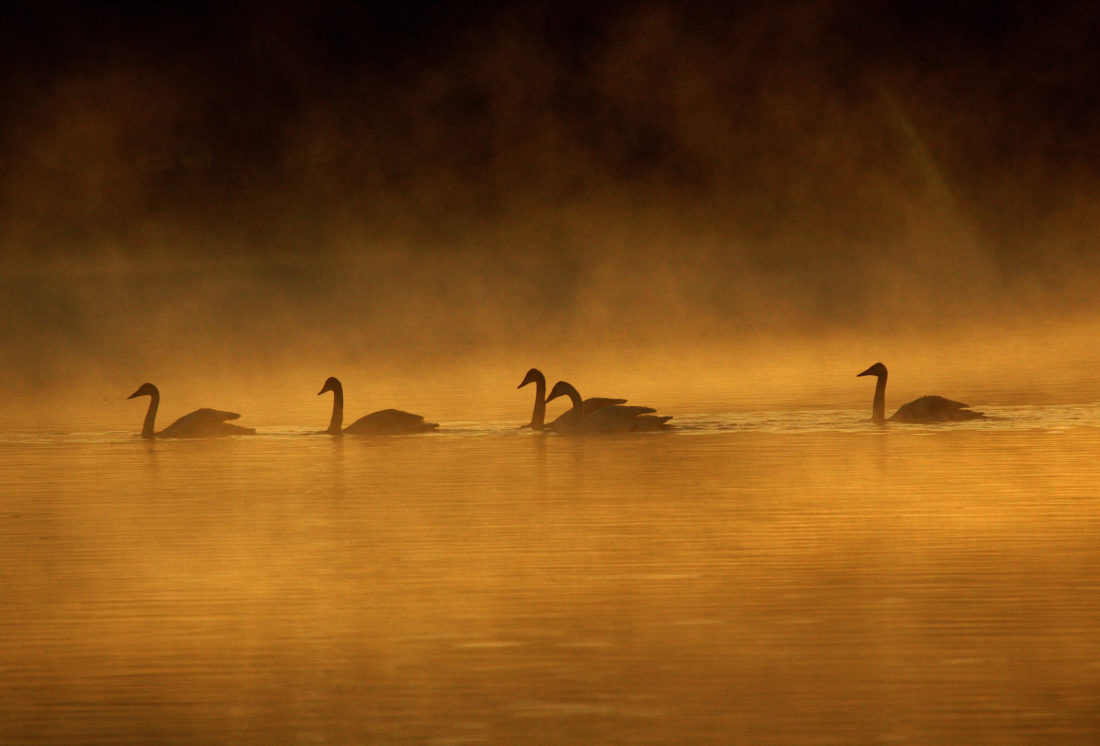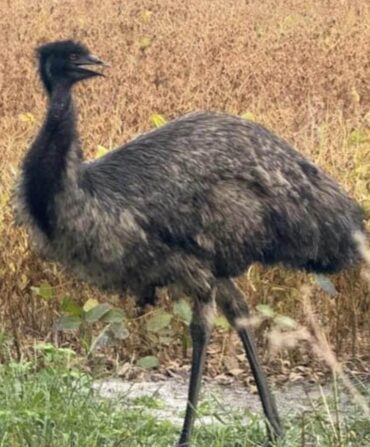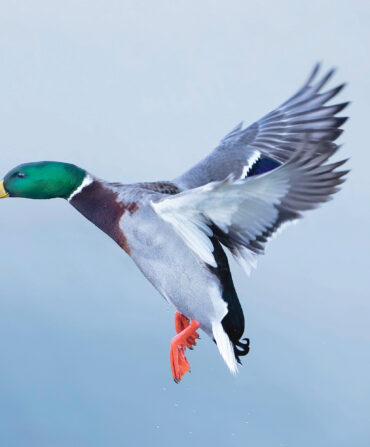Every year for the past twenty-five or so, an extended family of America’s largest native waterfowl has made its home on a tiny oxbow lake in northern Arkansas. Native to the northwestern United States, Alaska, and Canada, snow-white trumpeter swans—birds the size of a cocker spaniel with wingspans measuring eight feet—rarely migrate farther south than Ohio. So why do hundreds of them winter in the Natural State each year?

Local wildlife photographer Larry Jernigan has a theory about the first swans that landed on Magness Lake, two miles from his home near Heber Springs, in the early 1990s: “There has been a lot of speculation, but I think a family of them was flying south and ran into bad weather,” he says. “Three pulled into our nice-looking pond and stayed.”
Pairs of swans mate for life, and families generally return to the same winter grounds year after year. That’s the case for these wayward birds. Each November, Jernigan begins driving past Magness Lake to see if the swans have landed. “I start looking around Thanksgiving,” he says. “The weather has a lot to do with it. When it starts getting cold up north, the swans get motivated. One family will arrive, and the next day another will be here.”

Their presence is a conservation victory for Arkansas and all of North America. Centuries ago, early settlers prized the enormous birds for their meat and feathers. Trumpeters were nearly extinct by the early twentieth century until aggressive conservation efforts took hold. By the time the birds started showing up in Arkansas, their numbers were rebounding.
This year, Jernigan estimates nearly five hundred swans have descended on Magness Lake and a few other private ponds in the Heber Springs area, which is about an hour and a half north of Little Rock. And just as mysteriously as they arrived, the swans will start to disappear come February. “You can almost tell when it’s going to happen,” Jernigan says. “The weather will warm up and the swans get antsy. You’ll watch them practice their flying. One family will take off here, one there, and then you go back and they’ve all packed up and gone.”

Jernigan doesn’t worry. He knows they’ll return. “Visitors like to feed the swans corn,” he says. “That Southern hospitality keeps them coming back.”
For more information, see the state’s site for Magness Lake.








